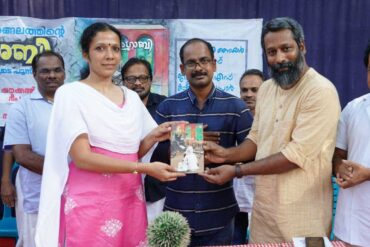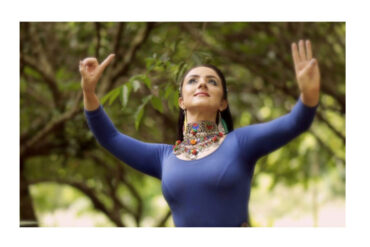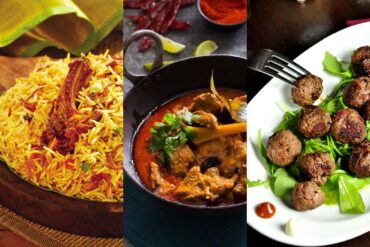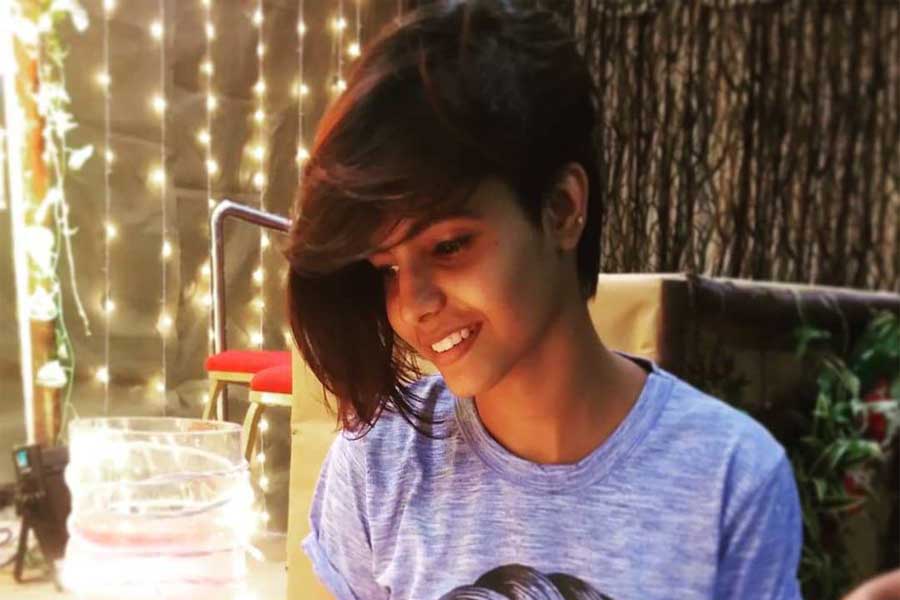Pattoollenkil Podee… (Get lost you silly girl, if you cant!)
Two years ago, when 21-year-old Krishnajeev T R, aka Fukru, an ITI student from Odanavattom, Kollam posted a lip-sync video of a scene from the movie Kilukkam on the social media platform Dubsmash, there were only four or five of his friends to ‘like’ it. Two years down the line he is one of the most followed social media celebrities in Malayalam with more than 3 million active followers and around 5.7 million hearts (likes), thanks to the highly addictive platforms, TikTok, and its predecessor Musical.ly. Krishnajeev, whose id is ‘Fukru123’, became an internet sensation in a short span of a few months.
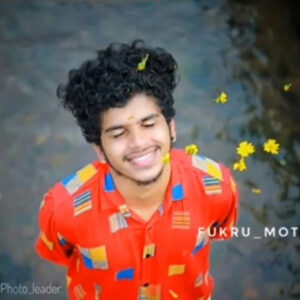
He matches any young film star in online popularity and is busy attending public functions and inaugurations across the state and outside the country. Fukru, an active member of stunt bike rider’s groups, cannot fathom how his videos began to trend across the country. None of his videos were out-of-the-ordinary in the Malayalam TikTok universe so the magnitude of his popularity still amuses him. The answer perhaps is the algorithm of TikTok and the marketing strategy of ByteDance, the holding company of the Video App. The Chinese version of TikTok, Douyin, usually helps promote popular creators by offering subsidy for their traffic. The company has a huge annual budgetary allocation exclusively for this purpose.
According to Sachin Sharma, the director, sales and partnerships, ByteDance India, “TikTok serves as a great platform for people from the remotest pockets of the country to share their talent with a global audience and in the process, become influencers in their own right. With its easy-to-use features, localized approach to content and by connecting digital India, TikTok is making a positive contribution to India’s thriving creative economy.”
There are many reasons to believe that the popularity of creators/ influencers like Fukru might have been cultivated by the company itself using its Algorithm. In China, Douyin has been working hand in glove with multi-channel network agencies to propel ordinary people to internet stardom. One of the most popular content creators on Douyin, Dai Gu La K, a 22-year-old college student, who posts videos of herself dancing, garnered 10 million followers in a span of a month.
You can say Malayalam creator, Anagha, who goes by the name Devil Kunju is Dai Gu La K of the TikTok Malayalam Universe (MTU). Devil Kunju who has 2.2 million followers, has been at it posting dancing videos. As a popular influencer she was invited to the TikTok creators lab held at Mumbai, earlier this year. Fukru too got the invite but had to skip the event due to a string of ‘prior commitments’ as a celebrity including an overseas trip. Fukru is one among the top twenty popular creators in India now. His shoulder jerk dance—modelled on the dance of a north Indian creator—is his trademark.
Even though TikTok has progressed well past its voice sync earlier avatar, Musical.ly or Dubsmash, lip-sync comedy remains one of the major draws of Malayalam TikTok videos with television comedy skits dominant as the base material.
Misogyny is the order of that world and it has promptly taken the center stage of this genre of videos. Belittling women is the short cut to produce (crass) jokes. A particular comedy skit series telecast on a popular Malayalam television channel has been the main source for many a TikToker, with the female lead of the skit (played by an artiste named Reshmi) providing the ‘humour’ quotient. She is usually portrayed as a stupid woman with loose morals.
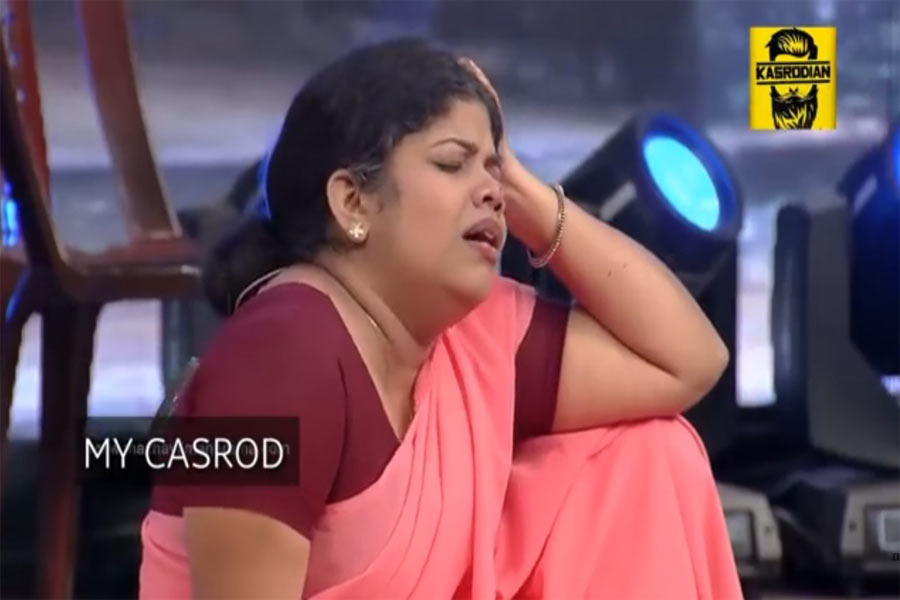
In a particular voice clip, when a young man asks the grieving woman for her dead husband’s photograph—her mournful cries come across as seductive moans. Her modulation resembles the sound track of a typical porn clip and thus producing ‘humour’. The lip-sync videos of this particular clip (Kuttan Chettante Photo) have been an instant hit for a while on the MTU (Malayalam TikTok Universe). None of the creators who have lip-synced for this clip seems to have any problem with the explicit misogyny in this skit. This kind of gender stereotypes disguised as comedy rules the roost in the MTU.
Misogyny is not limited to the lip-sync genre or the clips from the comedy skits. There are hundreds of own voice videos (original performances by the creators) which blatantly propagates misogyny. Shajahan_Shaju10, the id claims to be that of a young man from Malappuram, has around two hundred own voice videos, as opposed to lip sync, to his credit, of which more than 140 out rightly belittle women. Here’s a sample from his gallery:
Wife (To the divorce lawyer): Look, I am ready for the divorce, but the custody of the children, I labored to give birth to, should be given to me.
Shaju: Look, Sir…When we insert an ATM card into the (teller) machine we get cash, right? Does it belong to the Machine?
This video has got around thirty thousand likes and has been lip-synced by more than thousand users.
There are many more profiles which openly propagate misogyny as a world view on the MTU—they don patriarchal roles ranging from a disillusioned father to the tired teacher who can’t quite manage their unruly girls.
A major chunk of the own voice videos posted by young users revolve around the theme, Theppu. It is a slang used by the youth for cheating or deception, though the literal meaning is: ironing clothes. Despite being a gender neutral word, on MTU it is typically used to denigrate women. Theppukari is the latest stereotype, a young woman who would spurn or cheat on her man for anything. Each and every narrative in this genre squarely puts the blame on the girl, regardless of all the justifications she might have.
This is how a ‘theppu katha’ is explained on an internet discussion board:
“Innocent mallu boy is charmed by Mallu vixen. Said vixen manipulates him into recharging her phone, buying Cadbury silk as gift and paying for movie tickets, in return for long midnight chats and (soft porn) talk and if lucky, some light groping while keeping “kanyakathwam”(virginity)intact. Mallu vixen passes college, stops calling or texting the innocent ‘chettan’ who by now is an underachieving f**k due to the distraction. Vixen’s dad brings an NRI boy’s- Nair / Nasrani / Mappila- proposal from good family, she gladly accepts. – >>Theppu initiated>> Innocent- boy is dumped unceremoniously via short phone call or text, some sad words and tears (Refer: Maheshinte Prathikaram/Soumya /Anushree) and invited for wedding. >> THEPPU COMPLETED. Boy contemplates suicide for some time and marries the wine bottle, but is saved by loyal friends who say f**k that b***h, you deserve better, bro. Chettan & friends attend wedding of the theppukaari and extract revenge on the reception buffet. At wedding meets some new chick (‘Adakkam Othukkam’, ‘Kanyakathwam’ all included) who falls for him instantaneously, as the vixen looks on in jealousy”. [SandyB92]
This is the very narrative which has been repeatedly simulated by hundreds of young TikTokers on a daily basis effectively enforcing the phenomenon of ‘theppu’ from a very toxic masculine point of view.
Teenage love stories are yet another avenue of patriarchal conditioning on the MTU. Here we see boys presenting their concept of brides: Long haired cute girl wearing ‘chandanam’ (sandalwood paste) is the most sought after type. Videos of girls seeking brides for their brothers are no different. There is a trending solo video in which a girl in a school uniform talks to her brother’s girlfriend, asking her whether she knows how to cook fish curry. She concludes the monologue advising her would-be-sis-in-law, to better learn how to cook it before marriage. Bro-Sis videos in which the brother always looks down on his sister seem to have a guaranteed reach in the MTU. In one of the videos in this genre, an arrogant brother is seen imposing a strict dress code on his younger sister including how to wear the duppatta. A very popular boyfriend variant of this patronizing narrative is also available.
As the Association for Progressive Communications, in a 2016 article argues, the internet is a space where social norms are negotiated, performed and imposed, often in an extension of other spaces shaped by patriarchy and heteronormativity which is largely true for TikTok. We have indeed come across many videos mocking the LGBTQI community.
While scanning through the video content on the MTU, the crucial question that stared at me was how do these creators challenge binary of online and offline and how TikTok helps them shift the boundaries between public, private and personal domains.
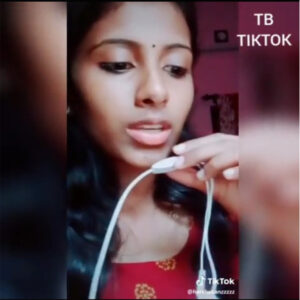
DrishyaPrakash from Kozhikode and Harshakanzzz from Kunnamkulam, Trissur are two noted creators in Malayalam. Both of them have a similarity that (according to their profile) both are students of Education, pursuing the B Ed course. Harshakanzzz is more popular in terms of followers with her ‘monologue of a lover’ series. In this self-shot videos she interacts with her imaginary boyfriend over video call, often engaging in adorable fights with him. Her modulation and expression have won her a major chunk of followers. In her videos, she never hides her real self when she assumes any character identity—she traverses back and forth—thus blurring the boundaries. A video in which she talks about her nose stead is a classic example of this.
On the other hand DrishyaPrakash sticks to herself and is seen always engaging with her peers/ friends who are in trouble. Drishya, a strong advocate of ‘single passanga’ (Single-not-ready-to-mingle type), is very vocal about not getting involved with any boys nor does she give a rat’s ass to the social pressure for getting married off.
The brighter side of the MTU, is its inclusivity. The videos on a closer analysis give a clear picture of how much they conform to or challenge the class/caste structure of the Malayalam TikTok Universe. For this the location where the videos are shot plays an important role. There are videos of the working class shot in the exterior /interior of work places which is a vital indicator of the class character of the same. Interestingly, there are hundreds of videos shot in the kitchen of houses cutting across the class, enabling mothers (and even grandmothers in some cases) to participate in the video, which is sort of revolutionary in the social milieu of Kerala. We need to read the popularity of Kalabhavan Mani and his folk songs in the MTU in this context. We have TikTokers of the likes of Majesh (Majasandhya) and BijuKD4 who are diehard fans of Kalabhavan Mani and his songs.
Even though we do not have a TikTok hit chart with profile analysis of the creators in Malayalam yet, it could be easily noted that the MTU has representation from all walks of the life cutting across the class and caste of the digital community.
*The subtitle has been taken from a song from the film, Love Action Drama, which has been trending on the TikTok. Cover Image: Devil Kunju (Courtesy: Facebook)

